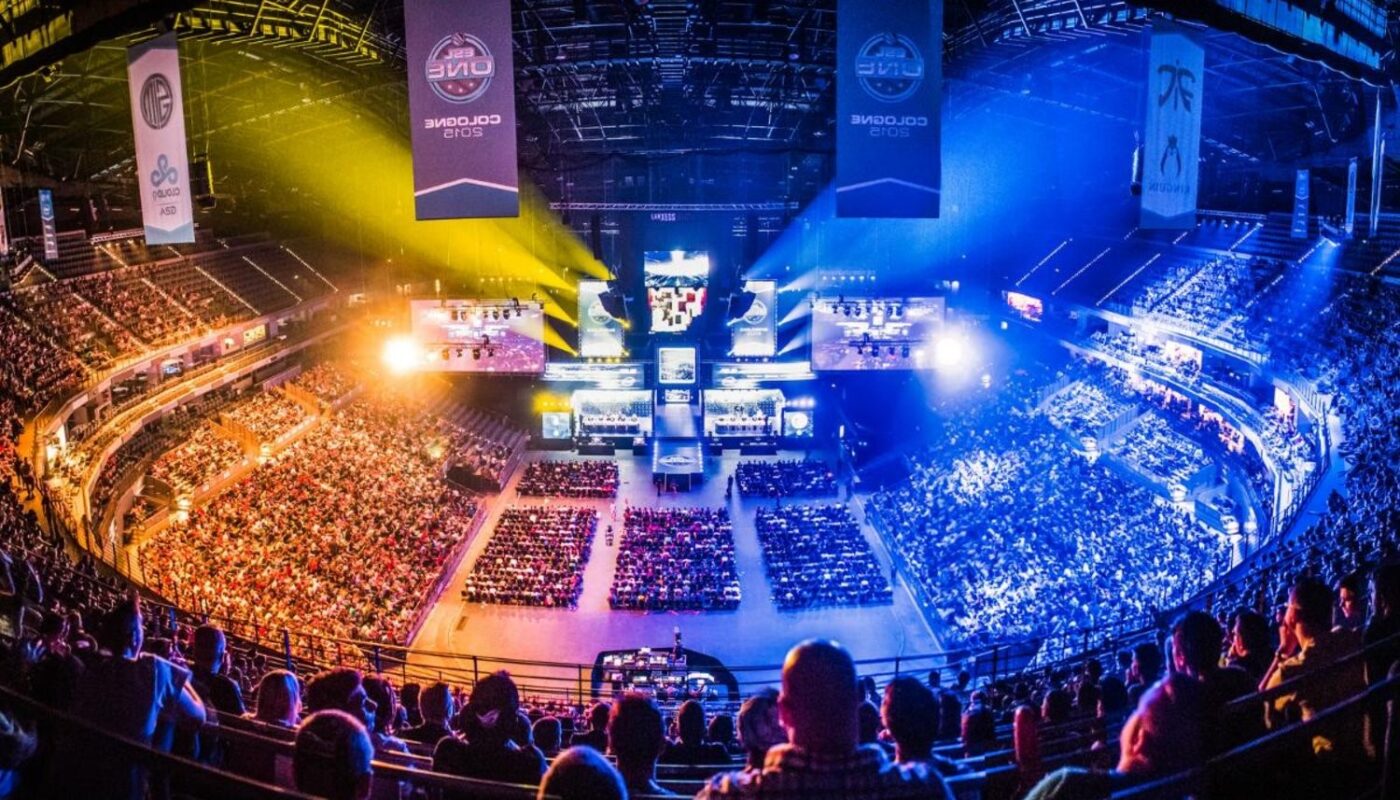The Evolution of Competitive Gaming
Video games have come a long way since the early days of Pong and Pac-Man in arcades. What started as a casual pastime for kids and teenagers has transformed into a billion dollar industry known as eSports. Competitive gaming has seen explosive growth over the past decade, reaching hundreds of millions of engaged fans around the world. Complex multiplayer titles like League of Legends, Dota 2, Counter Strike and Overwatch now attract some of the largest esports audiences and prize pools comparable to traditional sports. This rise of competitive gaming did not happen overnight but was the result of several key developments that helped establish esports among mainstream audiences.
The Origins of Organized Competition
Even in the early 2000s, passionate gamers were organizing informal LAN parties and online competitions in games like StarCraft and Quake. This grassroots approach helped foster developing talent and hype around particularly skilled players. With the rise of broadband internet access, online multiplayer became accessible to a wider audience which allowed for easier organization of matches between top players. Websites like ClanBase helped connect competitive communities and allowed results from events to be more readily tracked. Games like Counter Strike 1.6 consolidated the emerging eSports scene with well-attended LAN tournaments hosted by organizations like CPL and WCG. Prize pools were still relatively small but it helped demonstrate gaming’s potential as a spectator experience.
Growth of Major Tournaments and Leagues
Building upon the foundation laid by early grassroots organizers, larger companies like KeSPA began hosting highly produced League of Legends and StarCraft competitions in Asia with six figure prize pools. Events attracted huge offline audiences to venues like the World Cup Stadium in Seoul. This helped prove competitive gaming could sustain big productions. Riot Games was also an early pioneer, launching the professional League of Legends Championship Series (LCS) in North America and Europe in 2013. With franchise teams, regular seasons and playoffs broadcast on streaming platforms, it established a sustainable infrastructure for esports. Other publishers soon followed suit with their own global leagues for titles like Overwatch, Dota 2 and Counter Strike. Now millions routinely tune into premier league matches and tournaments online.
Mass Adoption and Going Mainstream
Accessible esports viewing on platforms like Twitch helped build massive new audiences in the 2010s. Fans could easily watch their favorite games and top pros from anywhere rather than needing to attend live venues. Major tournaments accrued viewership figures comparable to traditional sports broadcasts. Events like The International and League of Legends Worlds regularly surpass 30 million unique viewers. Mainstream sports organizations and sponsors took notice and began forging official partnerships with esports teams and publishers. National broadcasters also warmed up to esports, airing premier competitions on TV for mass audiences. With billions being poured into the industry annually, competitive gaming has become too big for general audiences and traditional media to ignore.
Career Opportunities in Esports
The ballooning popularity and investment into esports has created a multitude of new career opportunities beyond just professional players. Multimillion dollar franchised teams now employ full support staffs including coaches, analysts, trainers, managers and content creators. Leagues hire countless production and operations personnel to run their expanding businesses. Third party tournament organizers and agencies service players and teams. Game developers dedicate large internal dev teams toward their esports divisions. Then there are tertiary roles like casting/hosting, journalism, marketing/branding, and event planning/production. Esports jobs have emerged in myriad fields from technical, creative, commercial and administrative domains. Aspiring esports professionals can pursue dedicated collegiate esport programs, certificates and qualifications. The industry offers an abundance of exciting pathways for candidates passionate about competitive gaming.
Challenges of Mainstream Legitimacy
While esports has made tremendous strides forward, questions around its acceptance as a true mainstream professional sport still remain for many outsiders. Concerns persist around the perceived lack of physicality compared to traditional athletics. There is also debate around the mental and physical wellbeing of players subjected to long practice hours in front of screens from a young age. Issues like match fixing scandals, player behavior, prevalence of gambling and lack of standardized regulations mirror challenges faced earlier in other Sports’ history. Tournament organizers and publishers are gradually implementing stricter guidelines to address these problems and protect their stakeholders, but the space will take time to fully mature. Esports also faces criticism for its reliance on fickle revenue streams from game publishers and lack of long term commercial stability compared to decades old leagues. However, continued growth projections and ballooning new investment point toward an optimistic future.
The Gold Rush is Just Beginning
Despite facing questions over its sustainability a few years back, esports has undoubtedly arrived. It has cemented itself as a true spectator phenomenon attracting hundreds of millions of fans and a multi-billion dollar economy. Every year brings fresh records in tournament viewership, franchise valuations, and sponsorship dollars. Yet industry insiders note this is still just the beginning. As games improve their staying power and next generation live experiences are developed using technologies like augmented reality and virtual reality, projections foresee the market growing tenfold by 2025. With more traditional sports and entertainment getting involved, competitive gaming seems primed to disrupt mainstream while expanding its cultural footprint. For those seeking to be a part of this groundbreaking industry, the gold rush is far from over. The future of esports seems limitless.
*Note:
1. Source: Coherent Market Insights, Public sources, Desk research
2. We have leveraged AI tools to mine information and compile it




